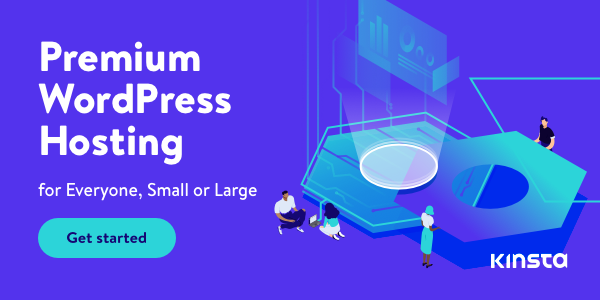Are you looking to start an eCommerce business and wondering whether an Open SaaS platform is the best option?
Choosing the right eCommerce platform is crucial to business success today. And, with so many options available, the choice doesn’t seem easy.
- What type of platform can help boost your business’s ability to scale?
- What will give you the flexibility to make customizations?
If these questions are on your mind, you’ll want to look into an Open SaaS eCommerce platform.
What does Open SaaS mean?
Open SaaS (software as a service) platforms are multi-tenant software solutions hosted in the cloud. These platforms remove much of the complexity of running an online business.
The extensibility of Open SaaS platforms functions on the use and call of the power of APIs. This, along with non-proprietary coding and UX build-outs, eases concerns that many IT and development departments often have about the lack of flexibility and customization due to the closed-off portion of code on a SaaS solution.
Open SaaS gives you the foundation you need while offering full customization to make it your own. move, add, or remove components; change appearances and functionality – it’s yours.
What to consider when opting for a SaaS eCommerce platform
When selecting an Open SaaS platform for your eCommerce business, there are many factors to consider. These include your budget, scalability needs, desired level of customization, ease of use, available integrations, and support options.
It is essential to conduct thorough research on each platform’s features, user reviews, and community support to determine which one best fits your specific business needs.
Additionally, before making a final decision, consider aspects such as hosting, security, payment gateways, and ease of customization, to ensure you are selecting the most suitable platform for your business.
What are the benefits of ‘Open SaaS’ for Your E-commerce venture?
The main benefit of an Open SaaS is that it is a vastly cheaper option than popular open-source solutions.
Open-source ecommerce platforms are solutions in which you can modify all aspects of the code. However, this can be very cumbersome for many businesses and it often requires an in-house team of developers.
With Open SaaS, every task that comes with managing your software like product updates, security, hosting, and PCI compliance, is managed by the SaaS provider. This means you’re able to go to market quickly and affordably.
Open SaaS is all about enabling a broad spectrum of unique shopping experiences. Open SaaS platforms give you the flexibility to deliver more complex, growth-driving customer experiences without having to re-platform.
Another vital benefit to understand is that with an Open SaaS e-commerce solution, there is no need to worry about growing out of your platform; Open SaaS grows with your needs.
Popular Open SaaS platforms to start an eCommerce business
There are Open SaaS (Software as a Service) platforms that can help you start an eCommerce business. These platforms offer flexibility, scalability, and customization options for users. Here are some popular ones:
- BigCommerce: BigCommerce is SaaS platform that’s highly scalable and suitable for businesses of various sizes. It offers customizable themes, apps, and integrations to build and grow an online store.
- Shopify: Shopify is a SaaS platform that offers a scalable solution for eCommerce. While the core code isn’t accessible, Shopify does offer an API that allows for extensive customization. Shopify Plus, its enterprise version, provides more customization options.
- Ecwid: Ecwid is a cloud-based platform that allows interested merchants to publish their stores on any website, or create their specialized e-commerce site in minutes. With Ecwid, sellers don’t need to worry about installing, upgrading, or maintaining any external software or web servers.
Is Open SaaS the right platform for Your eCommerce business?

Here are a few questions to answer to see if an Open SaaS platform is something your brand should consider for your e-commerce business or brand;
- Is your IT department too small or bombarded to fulfil coding needs quickly?
- Does your brand want to focus on creating innovative user experiences?
- Is full customization the main priority for your brand?
- Are you looking to scale or manage increasingly complex requirements?
If you answered ‘yes’ to any of the above, you might want to consider Open SaaS for your business.
To help you learn more and understand if this is the right move for you, BigCommerce has some great articles regarding the matter. Or, download their free guide to selecting the right platform for your business.
Frequently Asked Questions about Open SaaS Platforms for eCommerce Business
Open SaaS e-commerce platforms are known for being user-friendly and simple to set up and maintain online stores. You don’t have to be concerned about hiring web developers, as open SaaS e-commerce platforms provide everything you need to start and run a successful online store.
No, customers are not charged for bandwidth. Instead, their pricing plans and packages include free and unlimited bandwidth.
Certainly! All Open SaaS eCommerce platforms enable merchants to utilize their existing customized domain names. Additionally, they offer domain sales upon subscribing to their plans.

Disclosure: We get commissions for purchases made through referral links in this post.
